Man 4.0
In 2017 and 2018 there was a massive amount of technological investment, mainly related to the introduction of new technologies, which generated a gap between the demand and the supply of appropriate technical skills necessary to manage them.
Technologies, automation and digitization paint a picture of profound change and raise a number of questions: the impact on employment of creating new jobs and the potential destruction of old jobs, or whether the training system is and will be able to create the necessary skills.
The requests for professionals able to manage “4.0” are mainly addressed to automation and the engineer is the most sought-after profile. Robotics, artificial intelligence and big data are the skills that are most in demand today and, most probably, in the coming years.
The whole system, companies, schools and institutions, must be organized to respond to these structural needs of the industrial economy, but not only, because the “4.0” phenomenon is becoming increasingly pervasive even in nonmanufacturing sectors. An integration between traditional and innovative technologies, processes and people is underway, creating new digital business models, but also new models and working relationships. In order to promote this process and fill the gap of resources, already present or to be found externally, an effective training and transformation action of internal resources must therefore be inserted. They certainly remain linked to traditional skills, but they must adapt to the modern tools that new technologies make available to them and evolve their skills, supporting their experience to help transform business processes. The challenges to be faced will therefore be those of retraining, digitization of skills and continuing education, all of which are part of a “people’s strategy” that personnel recruitment departments cannot improvise. It will be necessary to facilitate the development of new skills and have a clear and effective strategy for managing change. It will not be enough to redefine processes and adopt technologies. The combination of new and “old” resources and their interaction and integration will be the core to make the process of digital transformation of a company a winning process. Man will always be the fundamental element also in “4.0”.
